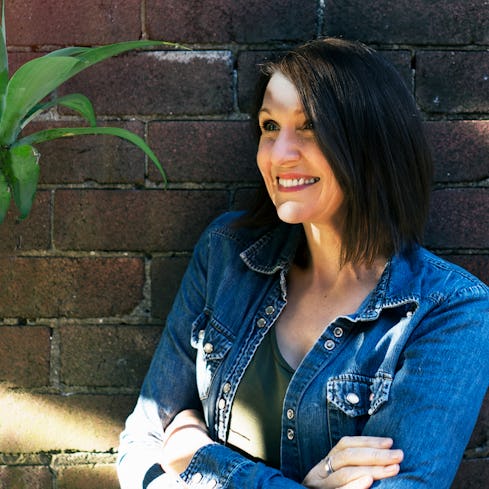Last week I had the opportunity to sit in on a Year 7 geography class and in the class the students discussed the perils of geotagging on the environment. It was so informative. Geotagging in the form they were discussing involves the attaching of geographical information to social media posts – especially images.
Typically, the geographic data will include information like place names, longitude and latitude, altitude, and so on. It lets people who are admiring your photo or post know exactly where and what you are referring to.
On the face of it, it seems pretty inconsequential, just a bit of fun and a way to connect further on social media. These sites are open to the public - what could go wrong? Well it seems, in terms of the environment, a lot. Geotagging on social media posts can leads to far greater numbers of tourists than guidebooks ever have – especially if the post or location goes viral.
In 2018, US news site Vox reported on this phenomenon and the impact going viral had on Horseshoe Bend in Arizona - a stunningly beautiful natural wonder that rapidly went from being a hidden treasure to an overwhelmed tourist spot all thanks to social media and geotagging. Other stories exist about lavender fields being damaged by tourists in the South of France, and sunflower fields trampled and littered in Canada.
The NY times recently reported on a statement by Jackson Hole Travel and Tourism Board (in Wyoming), which requested visitors not to geotag as the health of its unique forests and lakes was being impacted by the influx of visitors attracted by geotagged photos. (In this same article, it was reported that geotagging of wildlife imagery was actively discouraged in South Africa due to risks of poaching.)
Maya bay in Thailand’s Phi Phi islands is another strong example the impact of overtourism from social media and geotagging. This gorgeous bay initially rose to fame after the 2000 movie The Beach showed off its incredible beauty. While there was uptick in visitors after the film release, it is believed that social media and geotagging is responsible for the overwhelming inflow of visitors to the beach. These visitors not only brought with them their cameras, but also their sunscreens, which ended up killing off . Thankfully, the Thai government intervened and closed the bay to tourists to allow regeneration of the coral and the broader environment.
In response to these events, there is emerging trend amongst environmentally conscious travellers and photographers to not geotag their social media posts. This trend is in line with the social media guidelines set out by environmental ethics organisation, Leave No Trace, which encourage travellers to think carefully before geotagging. National Geographic echoed this sentiment in a recent article, which recommended turning off location services when you are visiting natural wonders to avoid fuelling overtourism.
Embracing nature is so important for us and there is so much beauty in the world to see, and it’s natural that we want to share these experiences, but we need to understand that there is a bigger issue at play. If geotagging means that single locations will be sought out and overwhelmed to the point of damage (and inevitable closure), ultimately no one wins. The takeaway from all this? If you see something, or go somewhere, beautiful, keep it to yourself so that we it will be there for us to discover and enjoy in our own time.

See you next time! - Elise
Subscribe to Positive Environment News
Positive Environment News has been compiled using publicly available information. Planet Ark does not take responsibility for the accuracy of the original information and encourages readers to check the references before using this information for their own purposes.